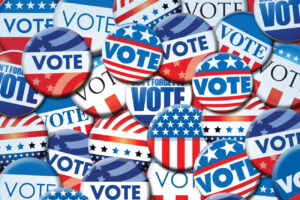
Written by Rabbi Tzvi Sytner
This past Sunday I had the honor of officiating at three unveilings in one day.
At the first one I listened intently as several grandchildren described how loving their bubbie was at the second one, a son expressed wanting to always remember his father by his smiles and laughter at the last one, a grandfather cried as he shared how caring and supportive his late wife was.
And as I listened to these beautiful eulogies I looked at the headstone, and I was reminded of a powerful poem by a woman named Linda Ellis that goes like this:
I read of a man who stood to speak at the funeral of a friend.
He referred to the dates on the tombstone from the beginning… to the end.
He noted that first came the date of birth and spoke of the following date with tears,
but he said what mattered most of all was the dash between those years.
For that dash represents all the time they spent alive on earth and now only those who loved them know what that little line is worth.
For it matters not, how much we own, the cars… the house… the cash.
What matters is HOW we live and love and HOW we spend our dash.
So think about this long and hard; are there things you’d like to change? For you never know how much time is left that still can be rearranged.
To be less quick to anger and show appreciation more and love the people in our lives like we’ve never loved before.
If we treat each other with respect and more often wear a smile… remembering that this special dash might only last a little while.
So when your eulogy is being read, with your life’s actions to rehash, would you be proud of the things they say about how you lived your dash?
Do you know what the mourners and friends shared at their graveside last Sunday? They talked about how kind, caring, loving, and G-d fearing their loved ones were. You know what they didn’t talk about? Politics. There was no mention of whether they were democrat or republican, or who they vote for.
Because when all is said and done, in the end people will remember you by what kind of person you really were.
Yes, your vote is important. But, more important than who you vote for, is who you become through voting.
I see people losing themselves and ruining relationships over political arguments. But, you don’t have to stoop below your dignity to stand up for what you believe in.
When the elections are over one candidate will be president, and one won’t, but who will you be? Your character and personal relationships don’t have to suffer because of it. We all have a tremendous opportunity to rise above the arguments and refine ourselves. Let’s all stand proud for what we believe in, but in a way that we”ll be proud of ourselves.
Included with Rabbi Sytner’s gracious consent